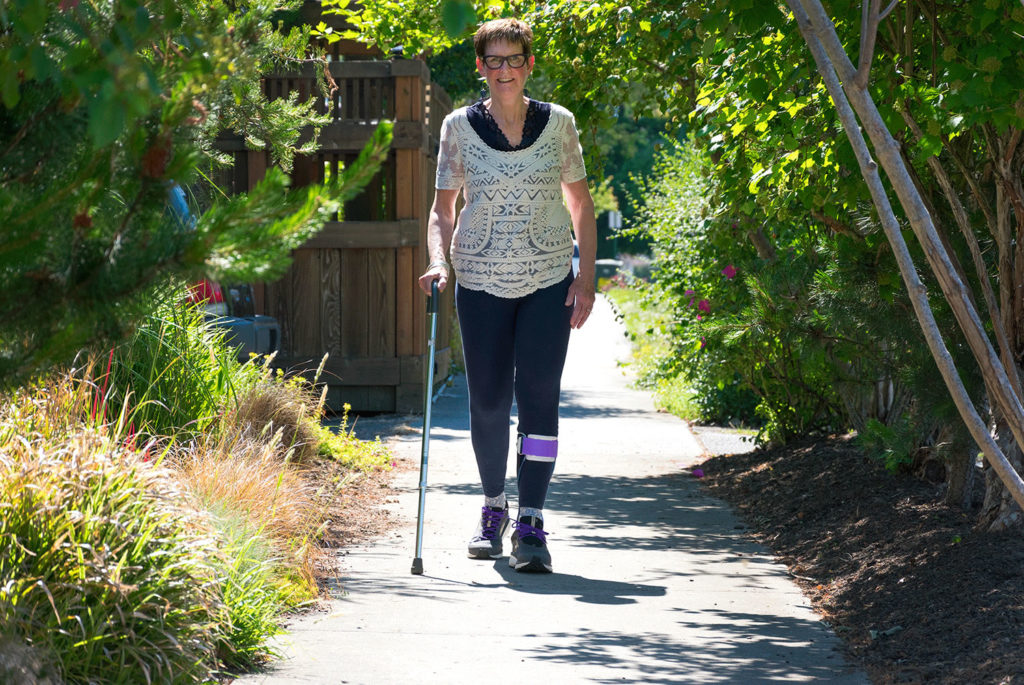
“Global transportation policy and infrastructure has not kept pace with societal, economic and technological change and this has created a mobility opportunity gap,” said Alisyn Malek, executive director, the Commission on the Future of Mobility. Research and advocacy across America, Europe and Asia will be completed on a quarterly basis, with energy resources as CFM’s first focus area. Passenger Transportation: Evaluating the impact new technologies, business models and approaches to mobility have created for passenger transportation.ĬFM will lead select public events that complement and inform the Commission’s work and allow the Commission to grow the audience for its eventual advocacy.Infrastructure: Replacing legacy infrastructure with new approaches designed for emerging trends and models enabled by technology.Data Stewardship: Leveraging data thoughtfully to power connected mobility.Freight: Addressing supply chain fragmentation and the impact of consumer preferences on emissions, technology and access.Energy Resources: Sustaining the shift towards alternative energy resources, including electrification and hydrogen, to reduce transportation’s impact on climate change.

In its February plenary meeting, CFM commissioners aligned on the following five focus areas to address the global mobility gap: Additional quotes from CFM commissioners are available here.įive Key Focus Areas to Drive Global Mobility Transformation
#Mobility mary full#

“Bringing together diverse perspectives allows us to unlock new opportunities that improve and equalize transportation in our cities and communities while protecting our personal safety and the planet. “The auto industry is at the edge of a profound transformation,” said Jim Farley, president and CEO, Ford Motor Company. Now is exactly the right time to embark upon this effort.” “CFM is bringing together a global coalition of business, technology and policy leaders that are uniquely positioned to rethink mobility policy in a systemic, interconnected way. “We have to re-envision the way that we move people and goods across the globe to meet our critical climate and public health needs,” said Mary Nichols, co-chair, the Commission on the Future of Mobility. The state achieved its 2020 climate target four years ahead of schedule while at the same time significantly outpacing the U.S.

Under Nichols’ leadership at CARB, California pioneered a number of innovative programs to spur clean transportation technologies and cut greenhouse gas emissions. Both Mary Nichols and Jim Farley are proven leaders at striking the balance between transformational growth and environmental sustainability.

She joins Jim Farley, president and chief executive officer of Ford Motor Company, who assumed his co-chair role in late 2020, replacing Jim Hackett. Mary Nichols Joins Ford’s Jim Farley as Co-chair of CFM, Additional Global Commissioners Appointedįormer chair of the California Air Resources Board (CARB), Mary Nichols, has been named co-chair of CFM. 16, 2021 (GLOBE NEWSWIRE) - The Commission on the Future of Mobility (CFM), a project of SAFE and a coalition of business, technology and policy leaders focused on creating opportunities through the sustainable, equitable movement of people and goods around the world, today announced new commissioners and its initial five primary research focus areas.


 0 kommentar(er)
0 kommentar(er)
